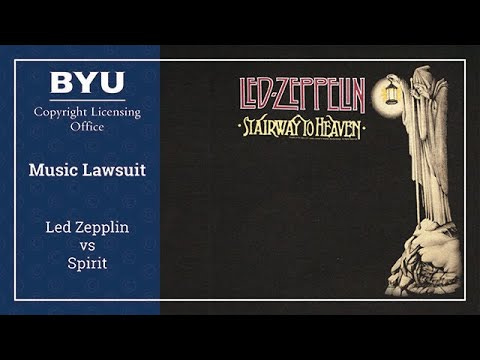If you are a free member, I’m grateful and you get at least one weekly issue. If you have the resources, please become a paid subscriber, support this hard work, and join the uber-supportive Provoked community. You also get access to workshop/teaching exercises such as in the post below.
If you hold superstitions about creativity, prepare for a jolt of validation—even if you're entirely off base. Back in 2013, I immersed myself in a 214-page book, “The Myths of Creativity,” eager to produce better ideas. My scientific inquiries felt stale, lacking originality. Here is a problem I still stumble on:
How much does a creative work need to deviate from existing standards to be deemed creative?
The author David Burkus refers to this as "variability constraints.” His example: Led Zeppelin is in an eternal controversy of whether the famous opening to Stairway to Heaven is a blatant rip-off of the song Taurus by the lesser known group Spirit. Listen for yourself. See if like me, it evokes livid goosebumps:
I’m sure many of you are familiar with famous artists, scientists, inventors, and politicians “stealing” ideas from those with less power and status (one reason I wrote a book to help people fight back - here). This Zeppelin-Taurus feud hits home. An eminent mentor ran away with one of my ideas to secure a grant worth millions of dollars - with nary a word to the graduate student initiator (me).
Before diving into the myths of creativity, let's confront a stark reality: originality is often shadowed by theft. Why do you think Taurus's lawsuit against Led Zeppelin matters? This question cuts to the heart of what it means to be creative in a world where others are vying for the same spotlight.
The stakes are high. Creativity myths are not harmless misconceptions; they can shackle confidence and stifle capabilities. Let's expose these myths and arm ourselves with the truth to overcome them.


